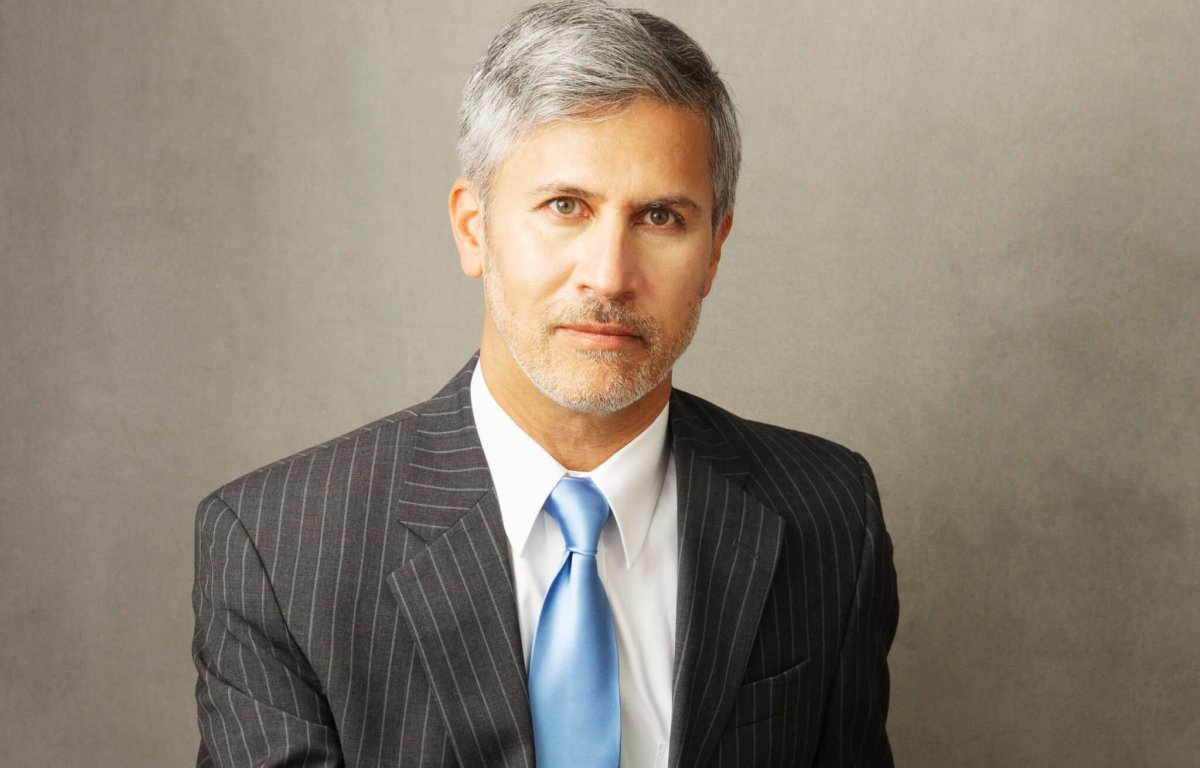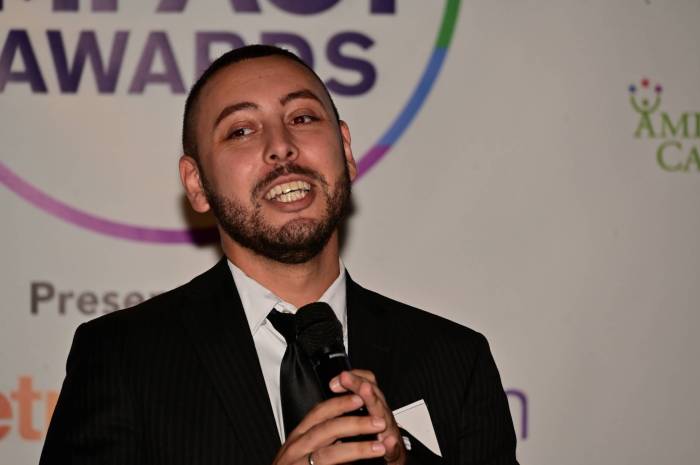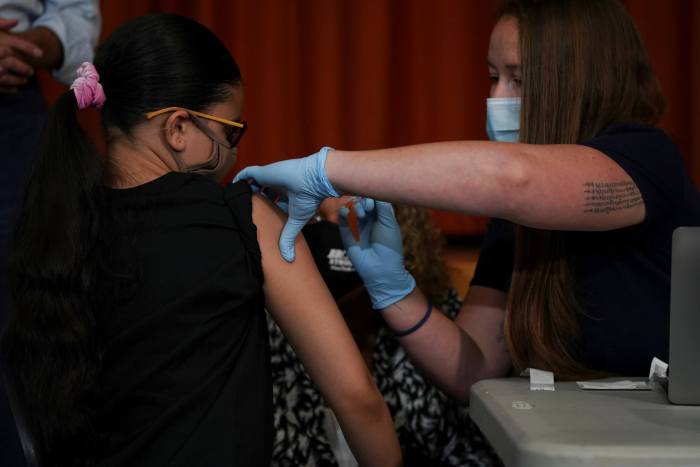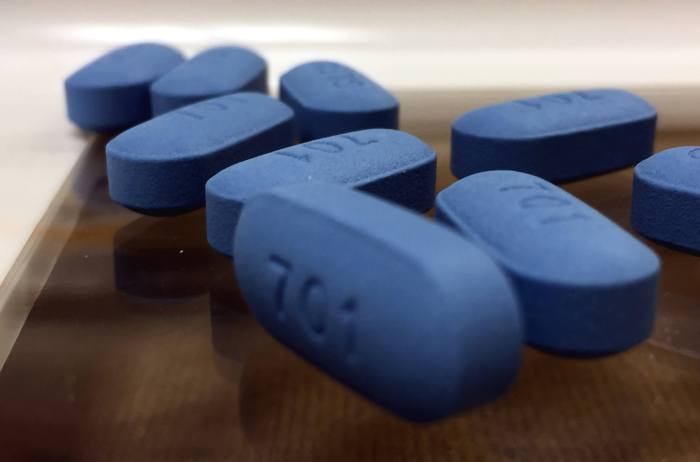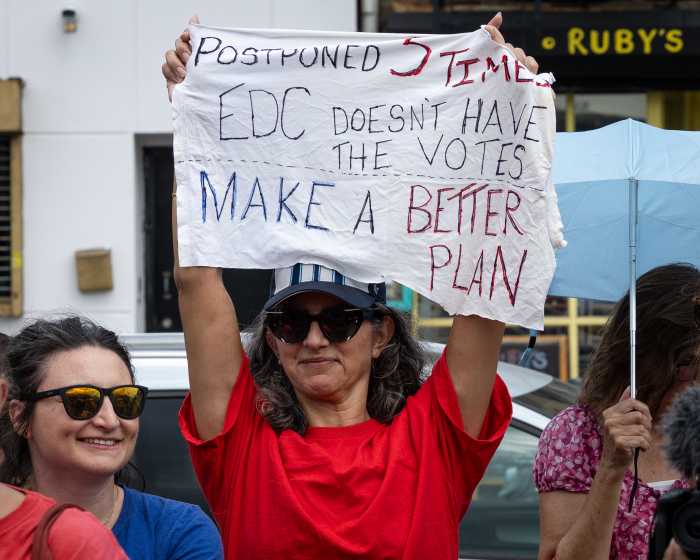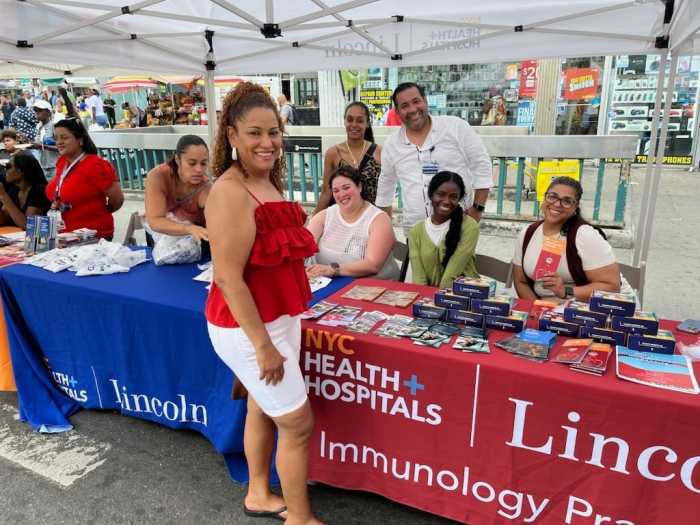The healthcare landscape is constantly evolving — and the effort to improve health outcomes for LGBTQ individuals requires welcoming, accessible, and inclusive environments with well-informed providers. That responsibility falls on both the broader healthcare system and the individual medical providers who work with patients on a regular basis.
Doctors Sanjiv Shah and Julie Myers, who both have extensive experience working with LGBTQ patients, have witnessed the development of queer healthcare — including major shifts like the emergence of PrEP as an HIV/AIDS prevention tool and improvements in training in doctor’s offices across the country. But they’ve also noticed the shortcomings of those efforts.
Shah, who is the chief medical officer of MetroPlus Health and has more than two decades of experience working as a physician, managed care executive, and infectious disease specialist, believes the task of creating the best healthcare starts when patients walk in the front door of an office.
Respecting individuals’ pronouns and name, for example, is critical to establishing an affirming environment.
“Not using a dead name is, to me, a given, but you would be surprised how often that gets missed,” Shah said during in an interview with Gay City News.
Not all states and jurisdictions, unfortunately, approach patients with that kind of sensitivity, and complicating things even further is the patchwork legislation in different regions targeting LGBTQ youth — particularly trans youth — in the healthcare system.
One way medical leaders have sought to confront the gaps locally is through the NYC Health + Hospitals Corporation’s community advisory board, which incorporates feedback from patients to guide providers on what they are doing right or wrong. MetroPlus, Shah said, aims to take a dedicated approach to LGBTQ care by employing specific providers in its network who provide specific and inclusive care in LGBTQ community.
Shah and Myers emphasized that it is crucial for the broader medical field to become familiarized with the unique health needs of queer people. That is also a message that is being heard by the Biden administration. Last year, members of the Presidential Advisory Council on HIV/AIDS said far too many medical providers are not fully educated about PrEP, prompting calls for a greater push to equip doctors with the knowledge they need to better serve candidates of HIV prevention medication.
“We still worry about PrEP underuse in certain populations where we know we need to do a better job,” Shah said. “That comes with education and really educating primary care providers, urban care providers.”
On the PrEP front, the pair of doctors also suggested that recent policy changes to make the HIV prevention medication more affordable may have reduced the need, at least locally, for the “PrEP on Demand” option, which is when people can choose to take the medication around their sexual schedule rather than daily. Among other reasons, some folks might not be as comfortable taking a pill daily if they don’t necessarily have to — but the financial aspect is a major part of it.
“The rationale for that was the higher cost of PrEP — and here in New York State, we have payment options and generic Truvada,” said Myers, who is the medical director for Partnership in Care program at MetroPlus.
The doctors also acknowledged the limitations of the PrEP on Demand approach. Cities offering PrEP on Demand guides — including New York and San Francisco — have only evaluated it among men who have sex with men.
Access to PrEP, meanwhile, may have improved with the emergence of telehealth services during the pandemic. Recipients of PrEP have long been required to undergo HIV testing several times per year, but telehealth has brought some flexibility.
“What’s allowed to happen is now we do a lot of consultations through telehealth and then people come in at their convenience to do the appropriate testing,” Shah said.
For those living with HIV/AIDS, MetroPlus has an HIV Special Needs Plan with specialized care management to help folks adhere to their medication regimen, connect them to the primary care services they need, and reduce barriers at the pharmacy.
“We just maintain constant communication with our members,” Myers explained.
Doctors are also keeping tabs on other sexual health trends across the community. Shah said syphillis has increased in some age groups and there are concerns about “some resistance to gonorrhea infections,” Shah said.
Many of those trends could be missed in places where there are not dedicated teams tracking the information. Statistical trends have been, at times, difficult to follow during the pandemic.
Myers, for example said there is an ongoing reduction in HIV diagnoses in New York City — but she said experts wonder whether the COVID era skewed those numbers.
“Was there just diminished testing in the age of the pandemic?” she asked. “Or are we seeing tremendous progress because of treatment and prevention?”

